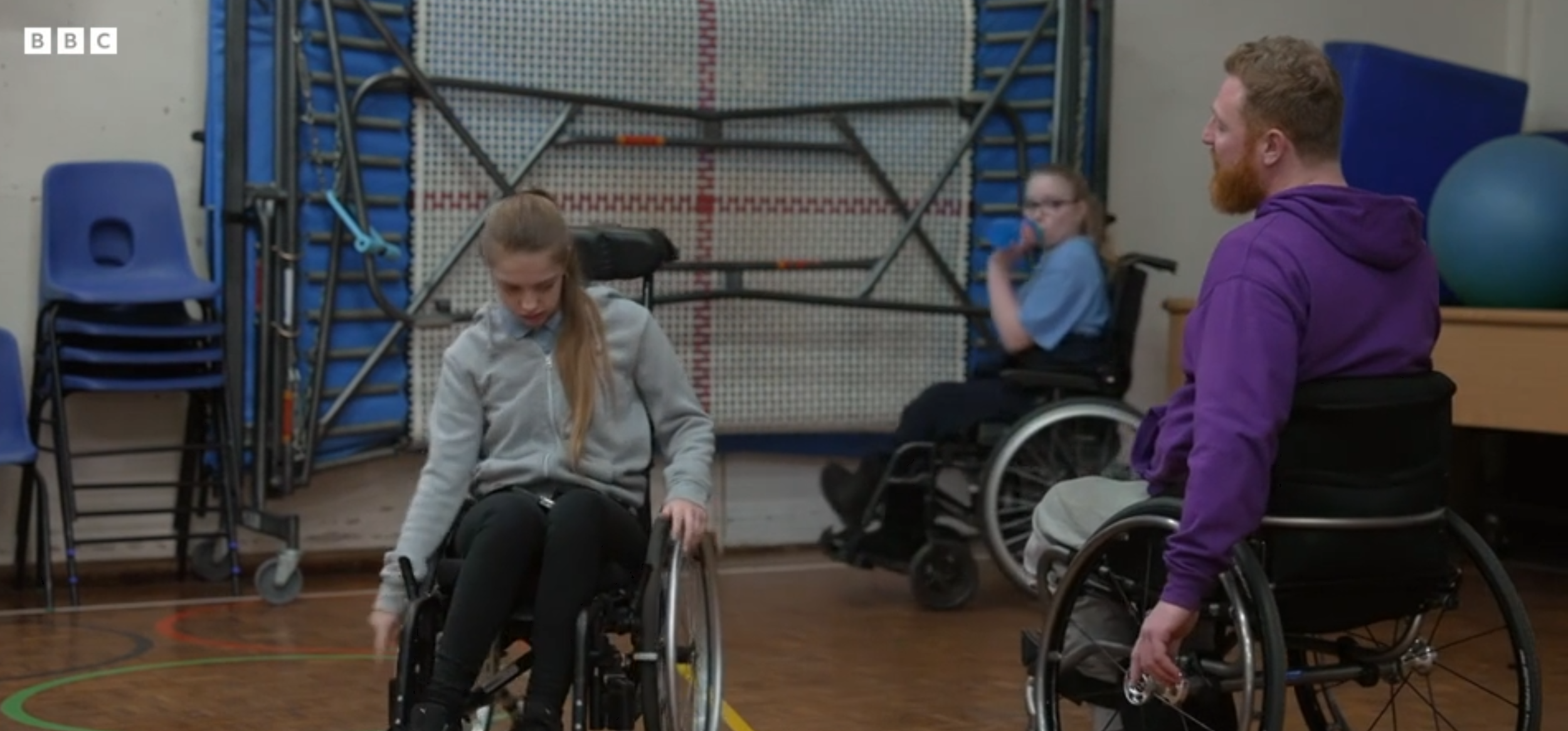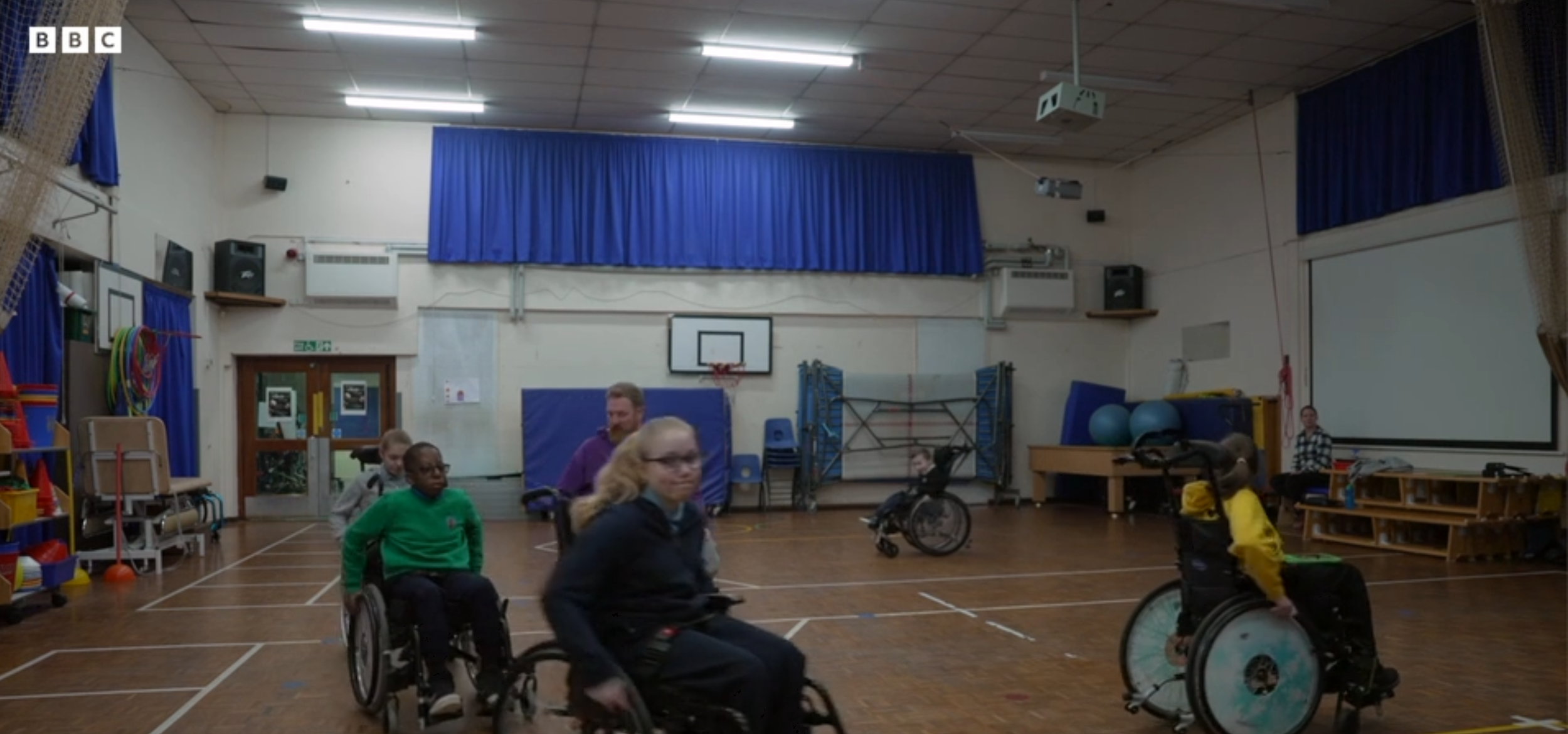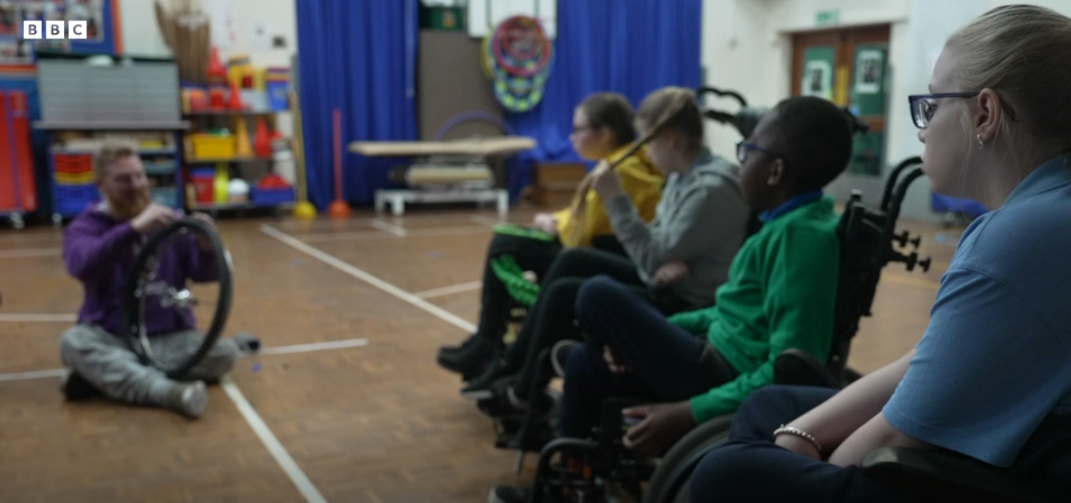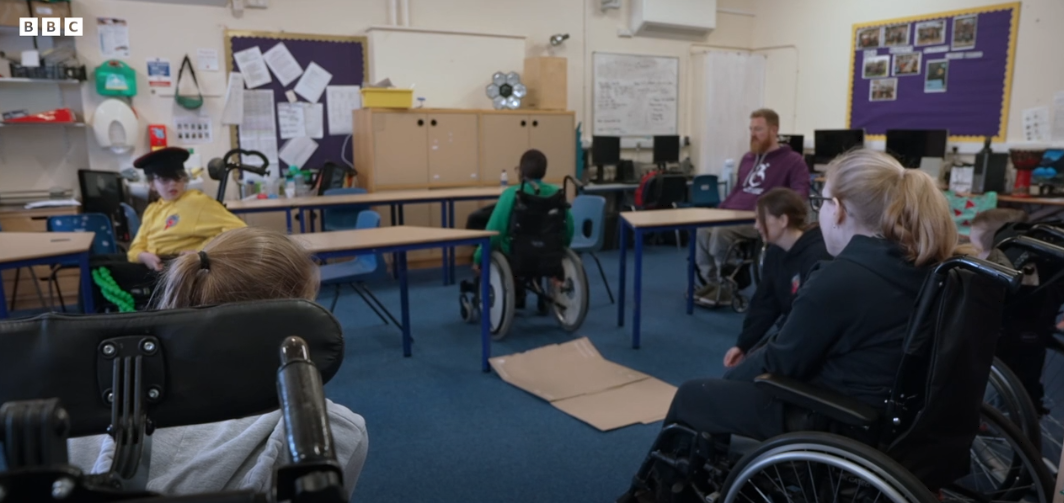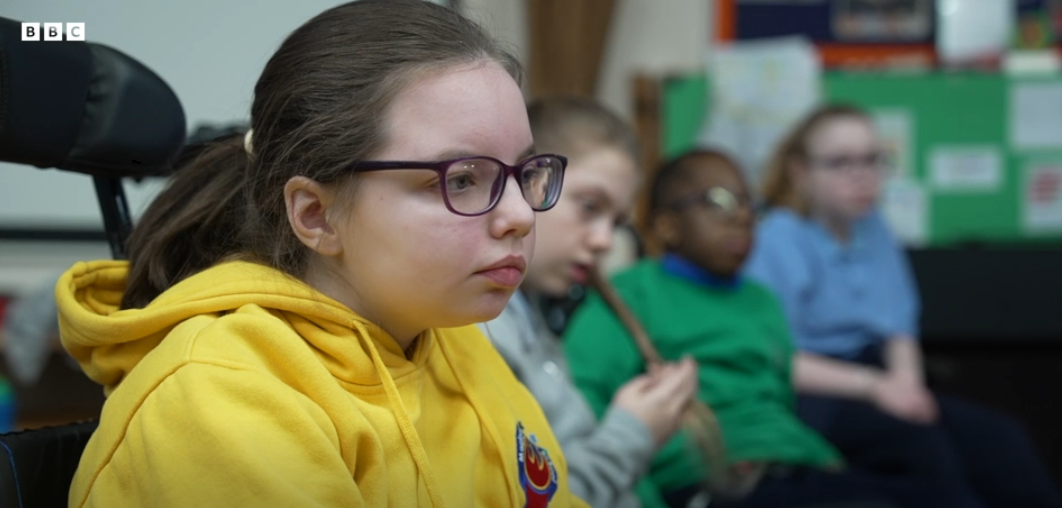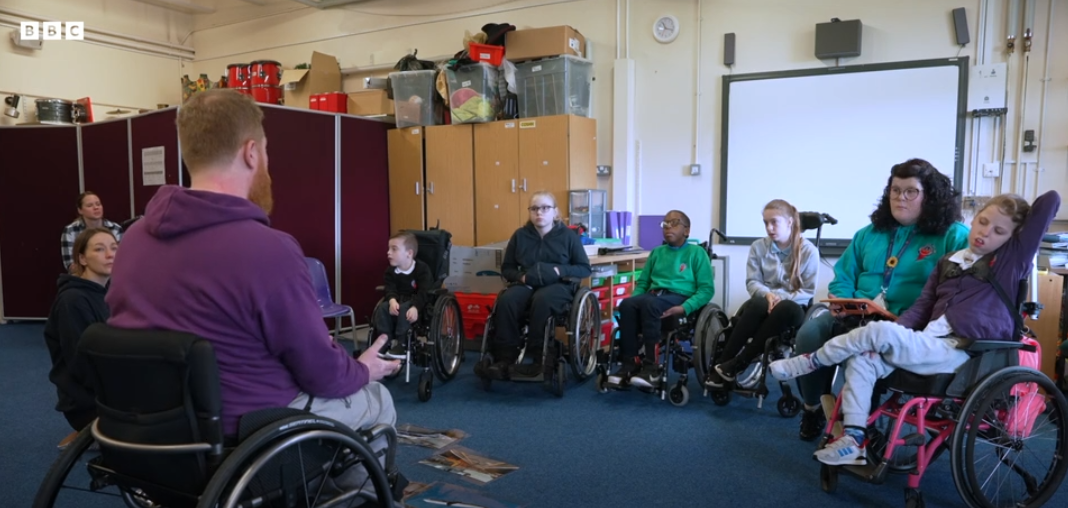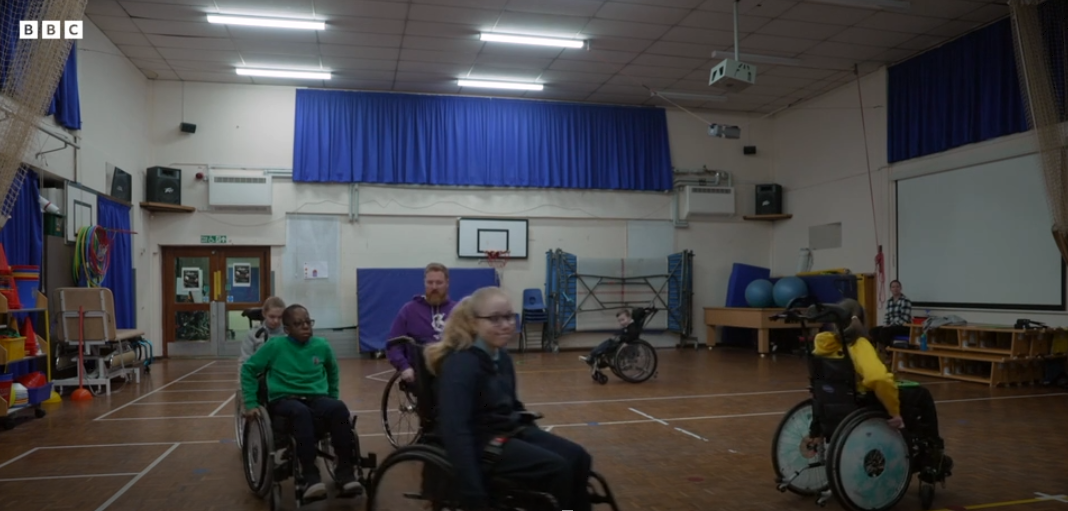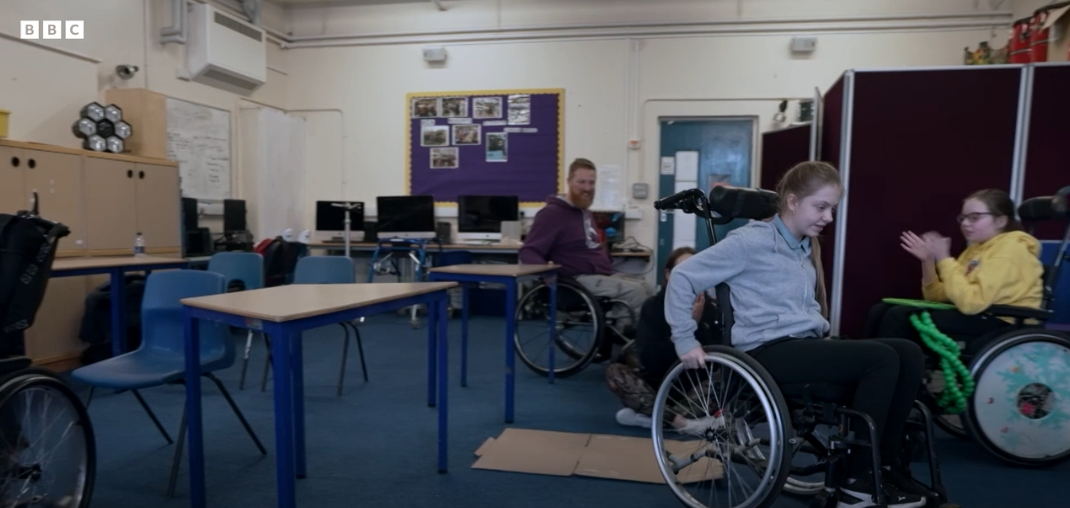7 reasons to teach wheelchair skills in schools
As a society, it's important to ensure that all children, regardless of their abilities, have equal access to education. For students who use wheelchairs, it's crucial to provide them with the necessary skills to navigate their school environment with confidence and independence.
Wheelchair skills in schools not only empower students with physical disabilities, but also promote inclusivity, diversity, and a positive school culture. Learning wheelchair skills can provide children with the tools they need to navigate their environment, engage in activities, and participate in their communities with increased autonomy.
In this blog, we will explore why wheelchair skills are an essential part of development for children who use wheelchairs, and how these skills can have a positive impact on their confidence, independence, mental well-being, and future opportunities.
1. Confidence in using their wheelchair
Learning wheelchair skills can significantly boost a child's confidence in using their wheelchair as a mode of transportation. As children master skills such as pushing techniques, turning, and navigating obstacles, they become more proficient in using their wheelchair to move around safely and efficiently. This increased confidence allows them to explore and interact with their environment more freely, which can enhance their sense of self-efficacy and independence.
2. Preventing bullying and discrimination
Disabled students, including those who use wheelchairs, may face bullying, discrimination, or isolation from their peers. This can have a detrimental impact on their mental health, academic performance, and overall well-being. Wheelchair skills in schools can help disabled students build their self-confidence, assertiveness, and social skills, which can serve as protective factors against bullying and discrimination. By providing students with the skills to navigate their school environment, schools can create a culture of acceptance, respect, and empathy, where disabled students are treated with dignity and included in all aspects of school life.
3. Independence and autonomy
Wheelchair skills also play a crucial role in promoting independence and autonomy for children who use wheelchairs. Through wheelchair skills training, children can learn how to move through hallways, use ramps, open doors and reach high shelves or lockers. By mastering these skills, students gain a sense of independence and autonomy, which is crucial for their self-esteem, confidence, and overall well-being. These skills enable them to be more self-reliant and less reliant on others for assistance, giving them a greater sense of control over their lives and fostering their independence.
4. Fostering peer relationships
Peer relationships are crucial for the social and emotional development of all students, including those who use wheelchairs. Wheelchair skills in schools can facilitate peer interactions and friendships by allowing students to move freely and participate in various activities with their peers. When disabled students can move independently and participate in social activities, they can develop meaningful friendships, create shared experiences, and foster a sense of belonging in their school community.
5. Positive mental impact
Understanding that the wheelchair is a tool for empowerment can have a profound impact on how children view themselves and the world around them. When children are equipped with wheelchair skills, they develop a sense of capability and empowerment, which can positively impact their mental well-being and self-esteem. It can also help them navigate an inaccessible world with confidence, knowing that they have the skills to overcome physical barriers and participate in activities they enjoy.
6. Building life skills
Wheelchair skills also serve as a foundation for building important life skills that students can carry into adulthood. These skills include problem-solving, decision-making, time management, self-advocacy, and self-care. Through wheelchair skills, students learn how to navigate their environment, overcome obstacles, and advocate for their needs. These skills are transferable and can benefit students beyond their school years, empowering them to lead independent and fulfilling lives.
7. Future opportunities
Wheelchair skills can also have a significant impact on a child's future opportunities. As they grow and develop, children with strong wheelchair skills may have more access to various life opportunities, such as education, employment, social engagement, and recreational activities. These skills can open doors to new experiences and enable children to pursue their interests and goals with greater freedom and independence.
Summary
Since children spend a significant portion of their time at school, it is crucial that wheelchair skills form a core part of their education. Wheelchair skills are an essential part of the development of children who use wheelchairs.
These skills not only provide physical abilities but also promote confidence, independence, empowerment, and positive mental well-being. Wheelchair skills enable children to navigate their environment, participate in school activities, view their wheelchair as a tool for empowerment, and create opportunities for their future.
It's important to recognize the importance of wheelchair skills and ensure that children who use wheelchairs have access to proper training and support to develop these skills, ultimately promoting their overall well-being and inclusion in society.
Schools play a vital role in supporting students in developing these skills by providing accessible facilities, assistive technology, training programs, and fostering a culture of inclusivity and acceptance.
